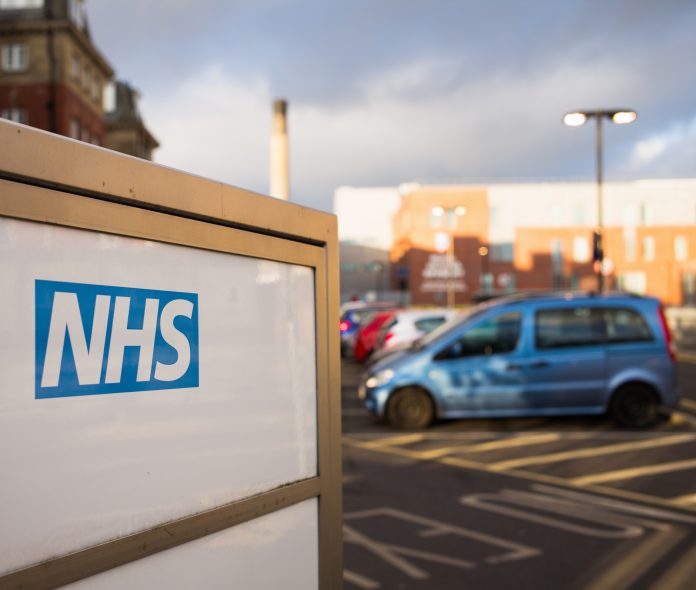NHS England has announced the allocation of £1 million across seven trusts as part of its Wireless Trials programme
The Wireless Trials Programme uses cutting-edge, technology to revolutionise healthcare delivery, prioritising patient experience and optimising staff efficiency.
Who will receive this funding?
Manchester University NHS Foundation Trust is among those who will receive this funding for this new approach. The trust plans to combine satellite and cloud-based wireless solutions across its ten hospital sites and community services.
This new strategy promises to strengthen connectivity, ensuring seamless communication even in areas with poor connectivity, eventually enabling uninterrupted patient care.
Using wireless trackers to locate essential resources
Mid-Cheshire and Princess Alexandra Hospital NHS trusts are set to deploy wireless trackers on medical equipment and hospital beds. These trackers enable real-time monitoring and location tracking, enabling staff to swiftly locate essential resources as needed.
This technology promises to facilitate workflows, enabling healthcare professionals to devote more time to patient care.
The North West and East of England ambulance services trusts are set to enhance wireless connections in A&E and ambulance areas. By accelerating the transfer of critical patient care data from ambulances to hospitals, these improvements can significantly reduce response times and enhance overall patient outcomes.
Observing patients through tablets and smartphones
Sussex Community NHS Foundation Trust is embarking on a project to introduce an app that enables staff to record patient observations directly on tablets and smartphones at the bedside. This innovation minimises administrative burdens, allowing clinicians to put more time into direct patient interaction.
Meanwhile, the Countess of Chester NHS Foundation Trust will develop the wireless integration of diagnostic devices with electronic patient records. This initiative is set to speed up assessment processes, leading to quicker diagnoses and improved patient management.
Seamless patient connectivity within the NHS
Expressing enthusiasm for these advancements, Stephen Koch, Executive Director of Platforms at NHS England, highlighted the transformative potential of these wireless trials. He highlighted the importance of monitoring their outcomes and scaling successful interventions across the broader healthcare landscape, ultimately optimising clinical workflows and enhancing patient care while reducing costs.
Dan Prescott, Group Chief Information Officer at Manchester University NHS Foundation Trust, emphasised the significance of seamless connectivity in ensuring uninterrupted patient care.
He emphasised the trust’s commitment to creating a reliable, fast, secure network access solution, especially in areas prone to connectivity challenges.
These initiatives build on previous successes, including the University College London Hospitals’ Find and Treat service and South London and Maudsley NHS Foundation Trust’s 5G-connected hospital project. The Wireless Trials Programme aligns with the digital ambitions outlined in the NHS Long Term Plan, aiming to equip NHS organizations with the tools necessary to deliver high-quality, efficient care.











